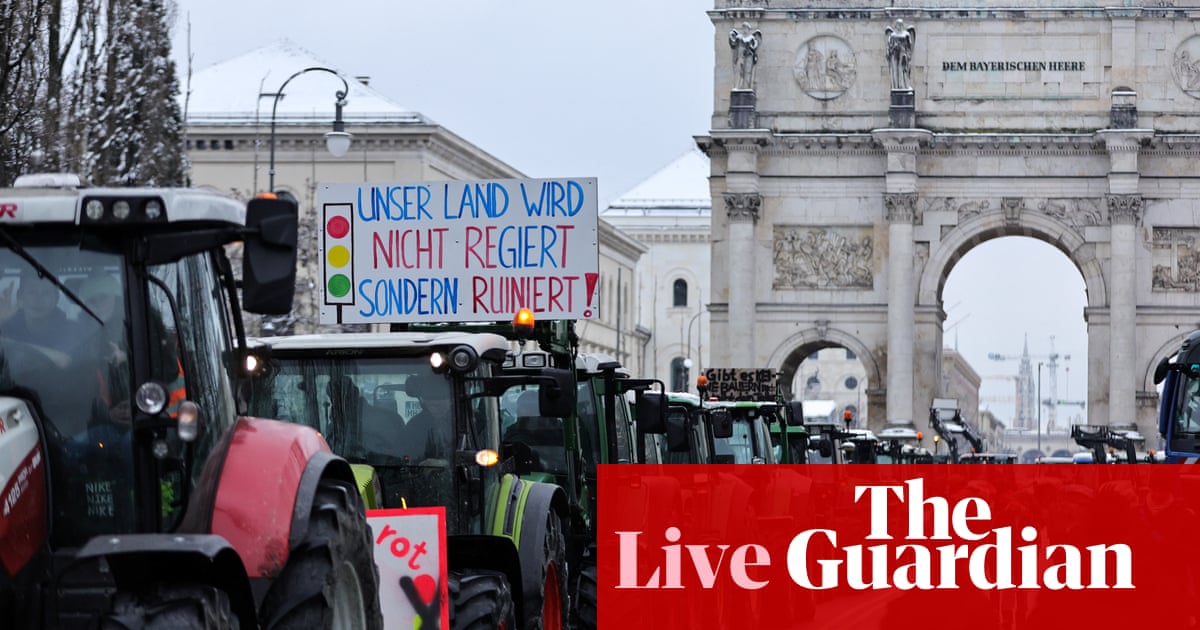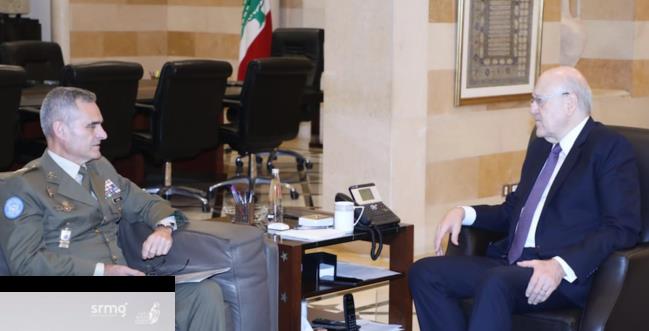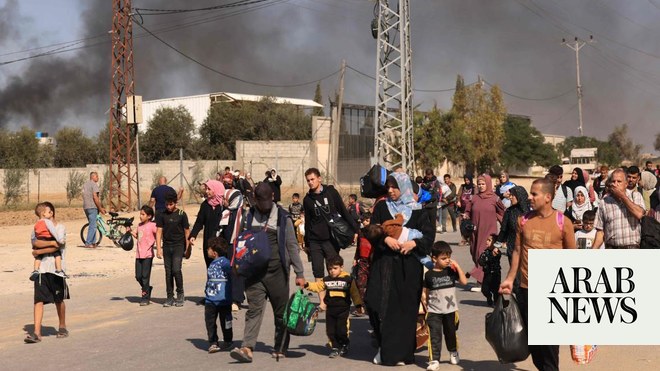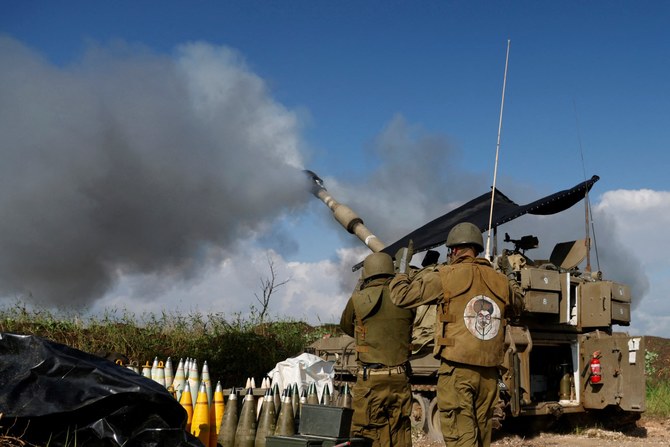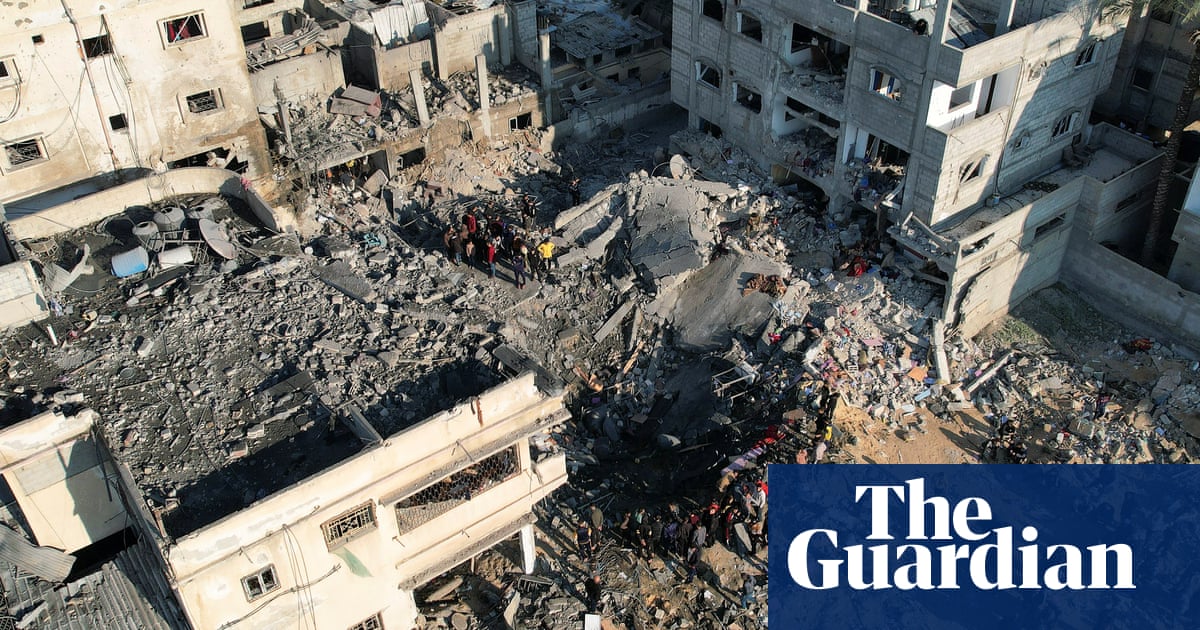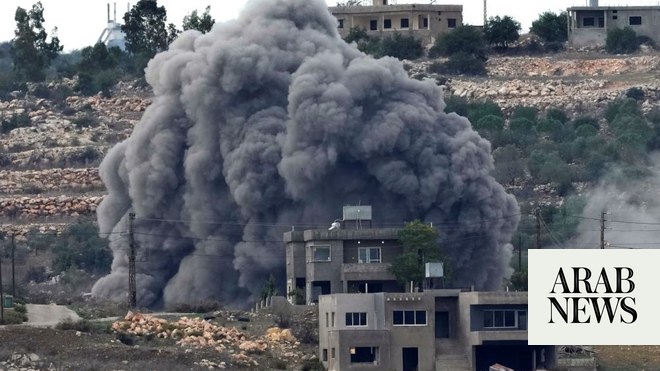
Berri said actions increase ‘risks of Israeli flames of war expanding in region, contrary to international and Arab positions calling for adherence to international (law)’
Mikati affirmed ‘Lebanon’s commitment to UNIFIL’s presence and not tampering with its assigned missions and work rules’
BEIRUT: Lebanon’s Parliament Speaker Nabih Berri warned on Tuesday against “the Israeli enemy taking it too far and escalating its aggression, repeatedly targeting civilians, media professionals, and paramedics, extending its attacks deep into southern Lebanon, in addition to its threats to the capital, Beirut.”
During his meeting with the peacekeeping force UNIFIL’s mission head, Maj. Gen. Aroldo Lazaro, Berri said that the actions increase “the risks of the Israeli flames of war expanding in the region, contrary to international and Arab positions calling for adherence to international (law).”
Caretaker Premier Najib Mikati affirmed “Lebanon’s commitment to UNIFIL’s presence in the south and not tampering with its assigned missions and work rules, which are implemented in close cooperation with the Lebanese army.”
Mikati and Berri discussed with Lazaro the developments in southern Lebanon and the challenges UNIFIL faces in its missions.
Mikati praised “the arduous efforts being made by UNIFIL at this difficult stage in order to reduce tension and prevent, as much as possible, the aggravation of the existing military clash along and across the Blue Line, which is the result of Israeli provocations,” his media office said.
Two days ago, a UNIFIL soldier was injured by gunfire from an unidentified source during the hostilities that have been ongoing for 38 days between Hezbollah and the Israeli army amid Israel’s onslaught against the Gaza Strip.
Hezbollah’s attacks on Israeli military sites continued.
A military observer told Arab News: “The situation is still within limited sites … sometimes intensifying and sometimes decreasing, but within controlled frameworks so far.”
A photo circulated on social media showing a drone stuck between tree branches, discovered by residents in the border town of Ebel Al-Saqi. It is unclear to whom it belongs.
Mohammed Raad, head of Hezbollah’s parliamentary bloc, said: “We have prepared what is necessary for the enemy; now we are exercising our right to defend our homeland, and we are making sacrifices in defense of Gaza and victory for our cause.”
Raad said that “the Israeli enemy is talking about a long-term war, and this is nothing but a camouflage for failure and a lack of understanding of the target it is pursuing.”
Hezbollah announced that it struck the Israeli Al-Malikiyah facility “using suitable armaments during the enemy’s reinforcement process.”
The group said it targeted “a concentration point for enemy soldiers near the Al-Marj site,” causing “direct casualties there.”
The party claimed that it used missiles to target “the Birkat Risha site and the military gathering places in its vicinity, resulting in successful direct hits.”
Israeli Channel 12 reported that “an anti-tank missile was launched from Lebanese territory at an army camp in the Upper Galilee.”
Israeli artillery bombardment was documented in multiple Lebanese border regions, encompassing the peripheries of Tair Harfa, Hula, Hunin, Rab El Thalathine, Ras Naqoura, and Labouneh.
The regions encompassing Aitaroun, Maroun Al-Ras, the outskirts of Mays Al-Jabal, and the outskirts of Aita Al-Shaab and Blida were subjected to aerial bombardment and drone attacks by the Israeli military.
The Israeli army stated that it bombed “several Hezbollah infrastructure facilities in Lebanese territory.”
Israeli reconnaissance planes were constantly present in the airspace of the south.
Reactions poured in following the Israeli army’s attack on a media convoy in the border town of Yaron on Monday. Fortunately, there were no casualties.
This incident occurred one month after a similar media gathering in Alma Al-Shaab, where photojournalist Issam Al-Abdullah from Reuters was killed and others from Agence France-Presse, Reuters, and Al-Jazeera were injured.
UNIFIL spokesperson Andrea Tenenti said: “Journalists have an important job to do, especially in times of conflict, and they must be respected and protected at all times.”




